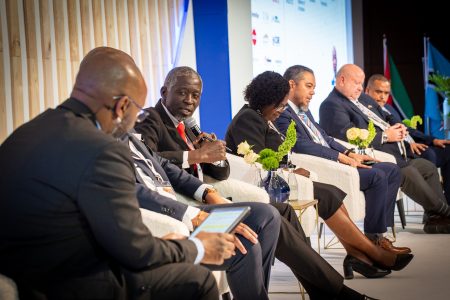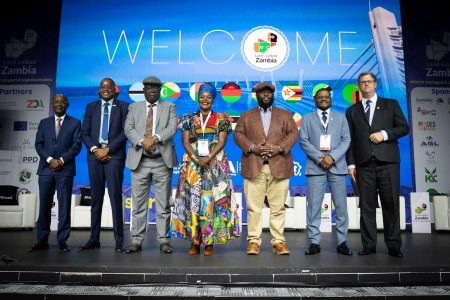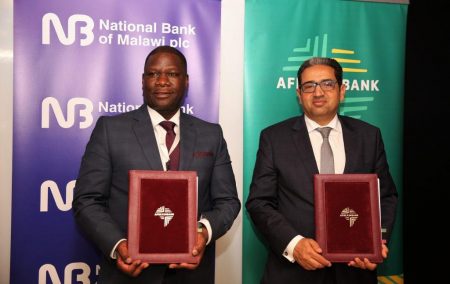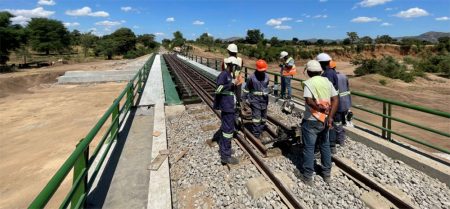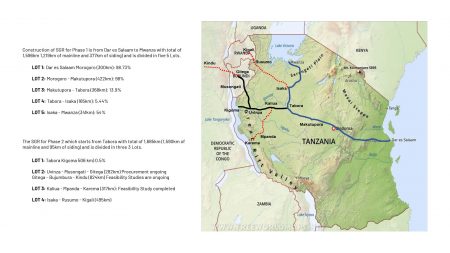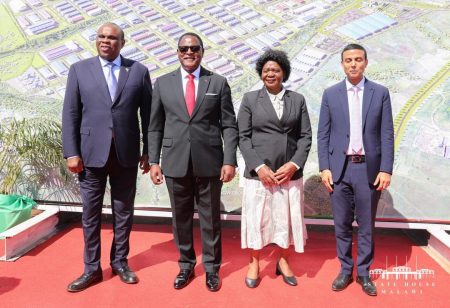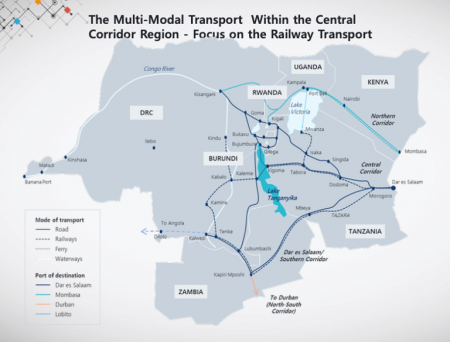Principal Secretary Madalo Nyambose Highlights Malawi’s Rail Integration, PPPs and Corridor Development during SARA Ministerial Panel
This content is for Premium Subscribers only. To view this content, login below or subscribe as a Premium Subscriber.
